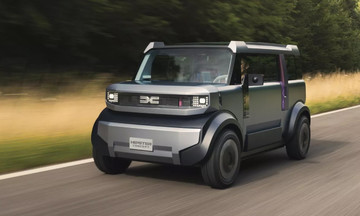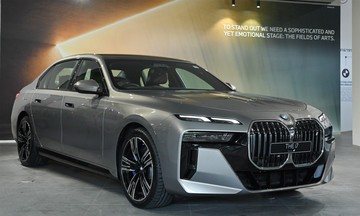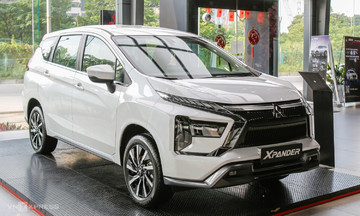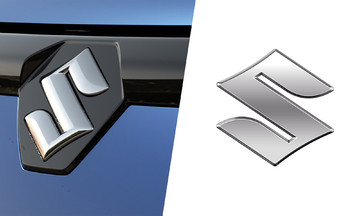China EV Marketplace has launched a home delivery service for European customers, allowing them to legally purchase electric vehicles directly from China. Previously, customers had to handle customs procedures and pick up their vehicles at the port themselves.
The company also announced it will halt shipments to the US due to tariffs that have rapidly decreased sales.
"For the first time, EV enthusiasts across Europe can order new Chinese battery electric vehicles (BEVs) or plug-in hybrid electric vehicles (PHEVs) directly from China and have them delivered to their doorstep," said Jakub Gersl, COO of China EV Marketplace. "Our new service eliminates the hassles and complexities typically associated with international vehicle imports."
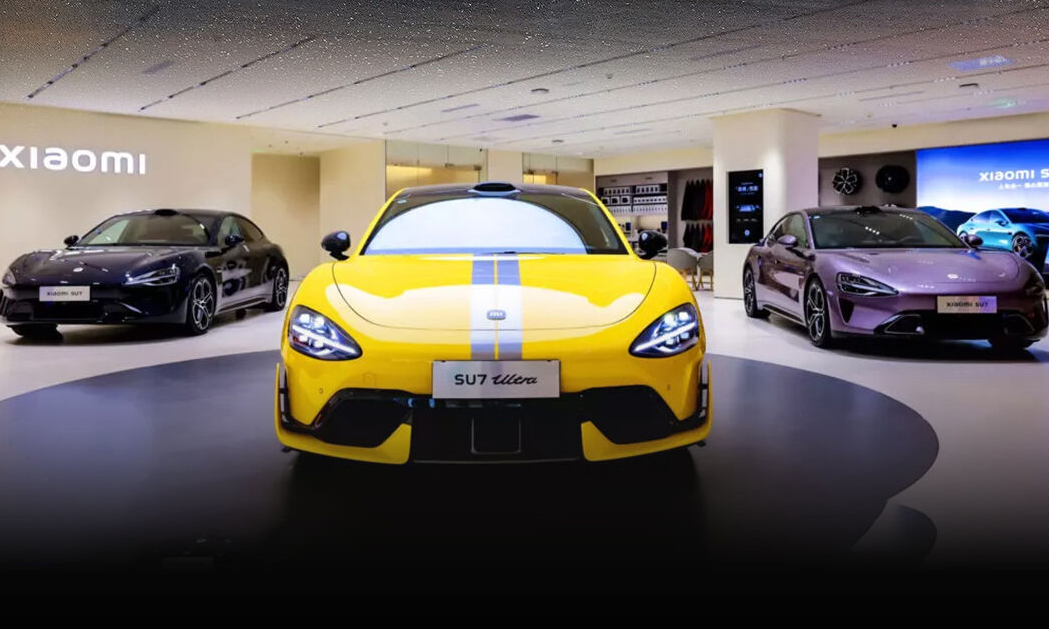 |
China EV Marketplace sells a variety of BEVs and PHEVs from various Chinese brands, such as Xiaomi and BYD. Photo: Xiaomi |
China EV Marketplace sells a variety of BEVs and PHEVs from various Chinese brands, such as Xiaomi and BYD. Photo: Xiaomi
According to the company, China EV Marketplace is the largest e-commerce platform specializing in Chinese EVs, serving a global customer base. The company sold 7,000 EVs in the first six months of the year, a 66% increase compared to the same period in 2024. However, this growth is primarily due to PHEV sales, as unlike BEVs, they are not subject to the EU's additional tariffs of up to 35%.
At first glance, China EV Marketplace's business model may not seem groundbreaking. But typically, large exporters only work with major clients placing bulk orders.
EV Marketplace's minimum order is a single vehicle. They also assist customers in obtaining vehicle registration in their respective countries. The exporter says they partner with reputable dealerships in China, meaning customers receive preferential Chinese pricing.
On China EV Marketplace's website, both BEVs and PHEVs are offered from 13 brands, including Chinese, American (Tesla), and German (Volkswagen) manufacturers.
However, the low price of Chinese vehicles doesn't necessarily translate to savings after export. First, there's the shipping cost. Transporting a vehicle to Europe is expensive. Second, these vehicles are subject to new EU tariffs on Chinese EVs, which are substantial. A Geely Xingyuan might cost around 9,000 USD, but with a 28.8% tariff and shipping costs (3,000-5,500 USD), plus certification and registration fees, the "cheap" car becomes significantly more expensive.
Furthermore, the vehicles are not localized for any specific market. Outlets will adhere to the Chinese GB/T standard, not CCS 1 or CCS 2. The infotainment system may be entirely in Chinese. Even more sophisticated vehicles with English translation capabilities might use integrated apps that connect to Chinese internet services.
For example, when driving a Xiaomi YU7 and listening to Apple Music, a European customer's Apple Music account might not work because the car only connects to Chinese Apple Music servers. Additionally, there's no warranty or after-sales service, so customers are on their own if any issues arise.
In June, a report from Jato Dynamics indicated that Chinese automakers doubled their market share in Europe in May, with sales increasing by 111%.
"65,808 vehicles were registered by Chinese automakers last month, representing 5.9% of total sales across the region (Europe). This means Chinese auto brands have more than doubled their market share compared to the 2.9% recorded during the same period in 2024," JATO reported.
My Anh (CarNewsChina, InsideEVs)




